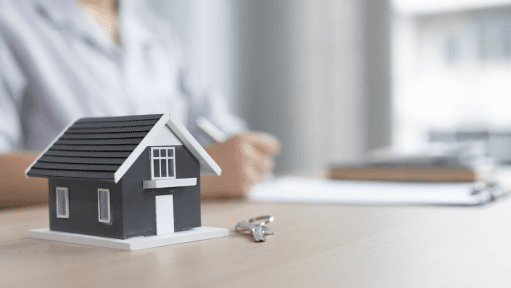
Essential Legal Considerations for Expats Owning Property in the UAE
Essential Legal Considerations for Expats Owning Property in the UAE
Owning property in the UAE is an attractive investment for expats, given the country’s growing real estate market and investor-friendly regulations. However, owning property as a non-Emirati comes with specific legal considerations that, if not handled correctly, can lead to complications. Taking a proactive approach to secure your property and assets can help avoid unexpected issues and ensure your family’s financial stability.
-
Understand Ownership Rights for Expats
Expats in the UAE can own property in designated freehold areas, with property rights granted either as freehold ownership or leasehold rights. Freehold ownership allows the property to be owned indefinitely, while leasehold rights usually extend to 99 years. Ensure that your ownership type is clear in your property documents to avoid any future ambiguity.
- Freehold Ownership: This grants the buyer complete ownership rights and is typically more advantageous in terms of inheritance and asset transfer.
- Leasehold Rights: Here, the expat holds property rights for a set period, often 99 years. While secure, this right has an expiration, and any renewal terms should be clarified upfront.
-
Register Property with Dubai Land Department (DLD)
In Dubai, all property transactions must be registered with the Dubai Land Department (DLD), ensuring legal recognition. Expats should ensure their property is correctly registered, as unregistered property may be at risk of disputes. This registration also makes the ownership legally binding, providing a foundation for any future transactions or inheritance claims.
-
Set Up a Will in the UAE
In the absence of a will, UAE courts may apply Sharia law to distribute an expat’s assets, which may not align with the expat’s wishes, especially for those from different cultural or religious backgrounds. To safeguard your assets:
- DIFC Wills Service Centre: For non-Muslim expats, the Dubai International Financial Centre (DIFC) offers a will registration service that allows individuals to specify the distribution of their UAE-based assets. This will simplifies the process for beneficiaries and minimizes the risk of disputes.
- Local Notary Public Wills: Alternatively, expats can draft a will with a UAE-based notary public to cover local assets, although this may require translation and may be subject to some Sharia law interpretations.
-
Consider Family Protection and Guardianship for Minor Children
For expats with minor children, setting up a guardianship provision is essential. Without a UAE-recognized will specifying guardianship, the courts may make decisions that differ from the family’s preferences. A DIFC-registered will is generally considered the most straightforward way to ensure your wishes are respected regarding guardianship and the care of minor children.
-
Review Property Inheritance and Succession Laws
While having a will is crucial, expats should also understand how succession laws might impact their property. Under UAE law, any property registered in an expat’s name may be subject to Sharia law inheritance rules unless a will specifies otherwise. Clarifying property succession arrangements ensures that your estate is managed as intended.
-
Set Up Power of Attorney for Emergency Situations
Granting a Power of Attorney (POA) to a trusted individual can be valuable, particularly for expats who may be traveling frequently or based outside the UAE for extended periods. A POA enables a designated representative to manage property-related matters in your absence, including paying fees, handling tenant agreements, or making decisions on maintenance and repairs.
-
Understand Tax Implications and Plan Accordingly
While the UAE is known for its tax-free environment, expats should consider any tax implications related to their home country. Some countries may levy taxes on global assets, including UAE property, upon the owner’s passing. It is wise to consult a tax advisor who can help mitigate any potential double-taxation or estate tax issues, ensuring a smoother transition of assets.
-
Insurance for Property Protection
Home insurance is a critical aspect of securing your property investment. Having adequate property insurance protects against unforeseen events, such as natural disasters, fire, or vandalism. Additionally, life insurance can help cover any outstanding mortgage or liabilities, preventing these financial burdens from falling on family members in case of the owner’s passing.
-
Regularly Update Your Legal Documents
Over time, life changes may necessitate updates to your legal documents, such as wills, power of attorney, or guardianship instructions. Regularly reviewing these documents ensures they remain aligned with your current situation and preferences.
Final Thoughts
By taking these steps, expat homeowners in the UAE can secure their property, avoid legal complications, and protect their family’s future. Consulting with a legal expert familiar with UAE property law can help ensure your property is safeguarded and that your estate planning reflects your wishes. Careful planning today can make a significant difference for your loved ones tomorrow.